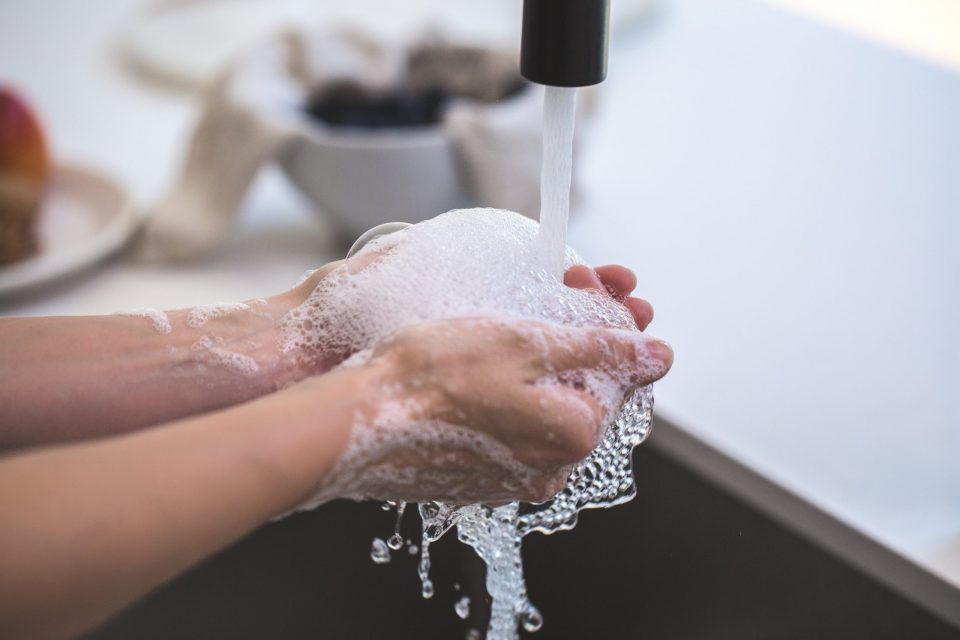Many of us have no idea how plumbing works. Knowing a few simple tips and tricks can help you keep your money in your hands and not that of a plumber. Sometimes, it is necessary to call up a plumber, but by following a few words of advice, you can take preemptive action and stop a problem before it starts.
Don’t pay a plumber until the job is completed. A plumber may require some money upfront, but it’s wise to wait until the job is completely done before giving him the entire payment. Many things can happen between the stop and end of a job, so to be safe wait until you are satisfied with the completed work before paying.
Do not fall for the idea that liquid grease can be easily washed down the drain with hot water. While the grease may flow past the initial drain with the water, it does not take much of a temperature change as it moves through your pipes to alter from liquid to solid. The repeat habit of dumping grease in the sink is a sure-fire way to ensure a hard-to-reach clog forming in the future.
Check how well your toilets are flushing. If the handle needs to be played with in order to keep the water from running constantly, or if it needs to be held down several times in order to flush, you may need to switch out some of the parts in your tank. This is not expensive, and it could help reduce your monthly water bill. It could also mean that you avoid the embarrassment of the flushing system breaking when you have visitors!
Do not let your faucet leak. Did you know a leaky faucet can waste about 150 gallons of water every day? If you have a leak, never ignore it. It could be coming from the faucet or the pipes. Continually check pipes and faucets for extra moisture or small leaks.
You should drain all of the water out of the tank of your hot water heater at least once every three to six months. Draining all of the water out of the tank helps to prevent sediment build-up at the bottom of the tank. This sediment can cause the tank to bang or to heat less efficiently.
Drain the sediment from the bottom of your hot water heater twice a year to keep the hot water heater working at its optimal levels. Simply open the drain valve and allow the water to run out into a bucket until the water runs clear. Then close the drain valve.
Do you have a frozen drainpipe? You can use a garden hose to thaw it out. First of all, remove the trap from the drainpipe and insert the hose until it will not go any further. While lifting up the other end of the hose, pour hot water down it. Keep pouring hot water down the hose until the drainpipe thaws. To save time with cleanup, keep a bucket underneath to catch the water that overflows.
Make sure that any exposed pipes in your home are insulated, especially those found in crawl spaces on the outside walls of your home. This will help keep them from freezing and causing you tons of problems. Frozen pipes can often be devastating and leave you with problems that are expensive to fix and no water in the middle of winter.
One way to prevent water heater problems is to turn down the heat. As long as the water is still as hot as needed for showers and washing dishes, turning it down won’t hurt anything, and will extend the life of the heater. Holding very hot water can corrode the inside.
Call different plumbers before choosing one. Plumbing prices among professionals are not uniform. Before you hire someone to fix a major problem, call two or three other plumbers to see what their prices are like. This can be difficult if you have a major plumbing problem that you need solved right away, but will save you money in the end.
Check to make sure that the walls behind the tiles in your bathroom are not soft. Push into the tiles to confirm that the foundation is firm and robust. If the area is delicate and brittle, there is a good chance that water has created damage behind the tiles over time.
To keep the pipes in your kitchen in tip-top shape, avoid pouring fats or cooking oils down the drain. These liquid fats solidify in the pipes and create clogs. As an added protection, wipe congealed grease from pots to further avoid creating clogged drains. By following these tips, you can help avoid a plumbing disaster.
Hopefully this article helped you learn a little bit more about your plumbing and how to stop issues before they start. By learning and knowing, like was discussed in this article, you can be sure to save a few dollars every year. Plumbing disasters can cost a lot of money, so use this advice well!
